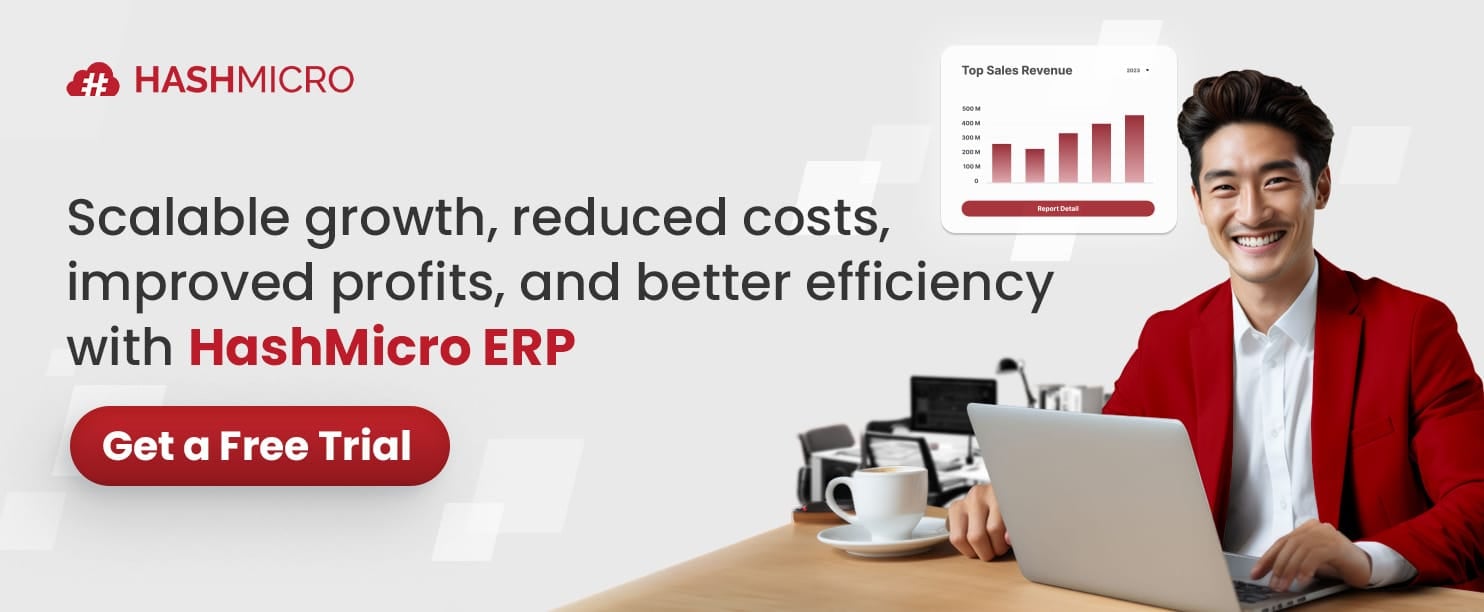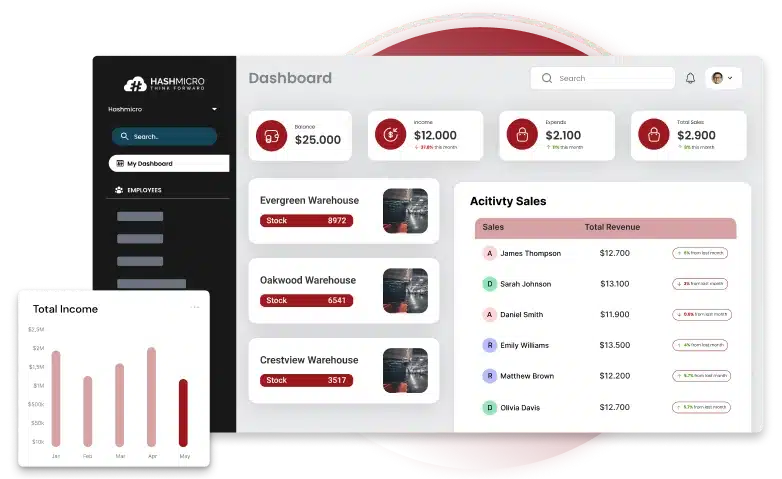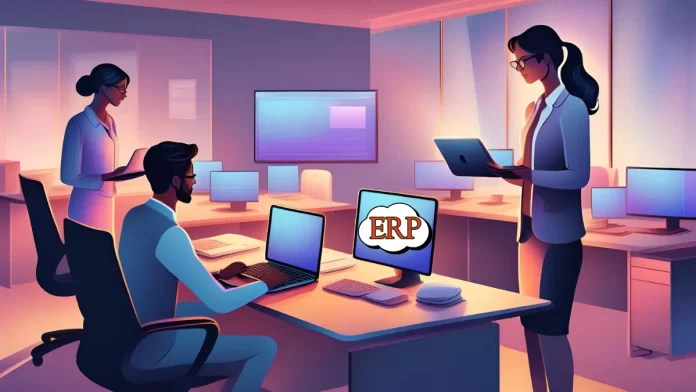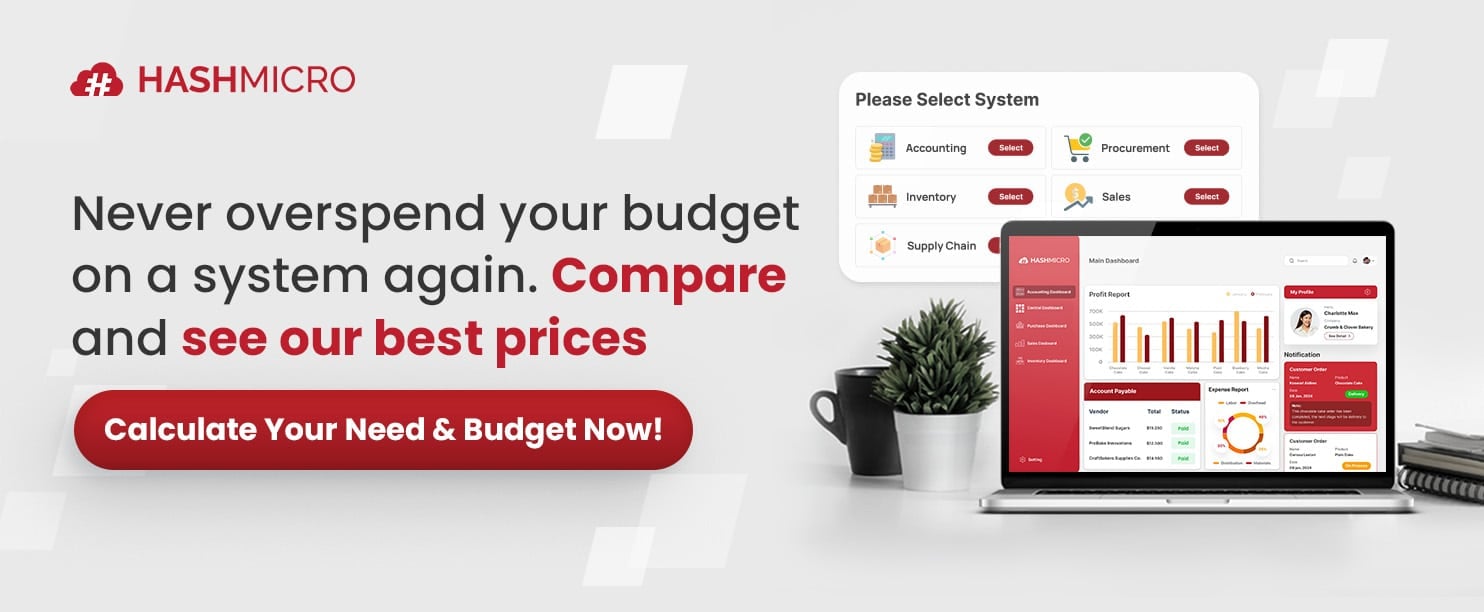Did you know that choose an ERP system could be the key to your business’s success? Enterprise Resource Planning (ERP) systems have become essential tools for seamlessly managing various business functions. As your company grows daily, efficient and integrated business processes are crucial.
However, many companies are overwhelmed when selecting the most suitable ERP system. ERP systems integrate different business processes into one connected platform, solving the inefficiencies caused by fragmented systems. Without an ERP, businesses face issues such as data silos, manual processes, and inconsistent information, leading to delays and errors in operations.
According to the ERP Market Report, 95% of companies reported that implementing ERP systems significantly improved their business processes. By integrating various functions into a cohesive system, businesses can achieve better accuracy and smarter decision-making capabilities and demonstrate the transformative impact of ERP solutions across diverse industries.
This article will help you simplify the selection process by outlining essential ERP selection criteria and providing clear, actionable steps for businesses to find an ERP system that suits their needs.
Key Takeaways
|
Table of Content
Content Lists

What is an ERP (Enterprise Resource Planning) System?
ERP, or Enterprise Resource Planning, is an integrated software system organizations use to manage and automate various business processes in different departments. Think of an ERP system as the digital backbone that connects different departments, ensuring they communicate effectively and work harmoniously.
An ERP system integrates finance, HR, supply chain, and customer relations into one platform, ensuring smooth data flow for better coordination, efficiency, and decision-making. Choosing the right ERP is crucial for efficiency and accuracy, while the wrong choice can cause failures, wasted resources, and operational disruptions.
So, how do you choose the perfect ERP system for your business? Keep reading to find out!
How to Choose the Right ERP System for Your Business
Choosing the right ERP for your business is a critical decision that should not be taken lightly. It plays a key role in driving business growth, and this process requires a thorough analysis of operations, data, and workflows.
When choosing ERP, it is important to evaluate its extensive capabilities and ensure that the chosen solution supports current business operations and scales with future growth. Engaging stakeholders early in the selection process is crucial to securing the necessary buy-in for a smooth implementation and successful adoption of the ERP system.
By understanding how to choose an ERP that aligns with your business needs, you can make an informed decision that fosters efficiency, scalability, and long-term success. Check our price scheme below to see how it might fit your business.
12 Tips for Choosing the Right ERP
Selecting an ERP software that fits your business in Malaysia can be time-consuming, so a clear strategy is essential. These 12 ERP selection tips will help you find the right solution, ensuring you find a system that meets your requirements.
Tip 1: Determine key features and functions
Identifying critical business needs is the foundation of a successful ERP journey. Conduct a thorough assessment to determine which processes should be handled by ERP and which should remain independent. If upgrading an existing system, evaluate how business needs have evolved.
Consulting with ERP experts can make this process easier. The main outcome of this analysis is to determine the necessary ERP modules, such as finance, procurement, inventory, manufacturing, supply chain, and HR. These modules can be expanded as the business grows.
Additionally, consider opting for an cloud ERP software solution. Cloud ERPs offer greater flexibility, scalability, and accessibility, allowing your team to access critical business information from anywhere with an internet connection.
Tip 2: Set clear goals and objectives
After assessing business needs, define specific goals for ERP implementation. Identify whether the focus is optimizing inventory, improving customer service, or streamlining financial processes. Setting clear, measurable, and achievable objectives ensures the right ERP selection and provides a framework for evaluating its success.
Use the SMART criteria Specific, Measurable, Achievable, Relevant, and Time-bound to guide this process.
Tip 3: Secure leadership and team support
Successful ERP implementation requires strong backing from executives and key stakeholders. Demonstrating the system’s value is essential for gaining leadership buy-in. Assigning an executive sponsor, such as a CEO, COO, or CFO, can help drive adoption, address resistance, and ensure smooth decision-making.
Tip 4: Prioritize user-friendliness and seamless integration
Choosing an ERP system that is easy to use and integrates with existing software is critical. Systems that are too complicated to navigate can result in low adoption rates and decreased productivity. Choose an ERP with an intuitive interface and extensive support resources, such as user guides and training videos, to ensure a smooth user experience.
Also, ensure that the ERP solution can integrate easily with other critical business tools, including CRM software, e-commerce platforms, and accounting systems. Effective integration will improve data flow and minimize the possibility of errors.
HashMicro’s ERP system is one of the most user-friendly options available. With its intuitive interface and comprehensive support materials, including user manuals and training videos, HashMicro ensures a smooth onboarding process and high user adoption rates.
Tip 5: Cost and return on investment (ROI) analysis
Cost is a key consideration when choosing an ERP system. However, instead of focusing only on the initial investment, evaluate the overall value and long-term benefits. Determine the total ownership cost, including software, hardware, implementation, training, and maintenance costs.
Compare these costs to the potential efficiencies, cost savings, and business growth that ERP can facilitate. A well-implemented ERP system will generate a positive ROI by streamlining operations and driving profitability.
Understanding the full investment required for your ERP system is the next step to achieving your business goals. Calculate the total cost of ownership and plan strategically for long-term success.
Tip 6: Evaluate scalability and flexibility
As your business grows, your ERP system should be able to grow with it. Choose a scalable and flexible solution to accommodate future needs, such as adding new users, expanding to new locations, or incorporating additional modules. A scalable ERP ensures that you won’t outgrow the system quickly, saving you from the hassle and cost of switching to a new platform in the future.
Tip 7: Consider industry-specific solutions

Every industry has unique requirements, and selecting an ERP system designed for your specific industry can significantly enhance efficiency. Industry-specific ERP solutions come with pre-configured features and workflows tailored to meet sector-specific demands, reducing the need for extensive customization.
For instance, manufacturing businesses may require advanced inventory management and production planning, while service-oriented companies might need robust customer relationship management (CRM) and project tracking capabilities. Evaluating industry-specific ERP solutions ensures a better fit for your business operations.
Tip 8: Assess vendor reputation and support
Selecting a reputable ERP vendor with reliable support services is crucial for a successful and sustainable implementation. Conduct thorough research on potential vendors by reviewing customer feedback, case studies, and their industry standing.
Consider their years of experience and expertise in your industry. Additionally, assess the quality of their customer support services, including training, troubleshooting, and system updates. Strong support ensures smooth system maintenance and quick issue resolution.
Tip 9: Conduct a thorough system evaluation
Before finalizing your decision, conduct a comprehensive system evaluation to assess how well the ERP software aligns with your business needs. Compare different ERP software Malaysia providers based on their features, scalability, and ease of implementation.
Create a checklist of essential criteria, such as data security, compliance with industry standards, and mobile accessibility. Testing the software through live demonstrations or trial versions can help gauge its performance and user experience.
Tip 10: Choose an ERP with guaranteed security
Ensuring strong security in your ERP system is essential to protecting sensitive business data and maintaining customer trust. An ERP with guaranteed security features will help prevent cyber threats and data breaches.
In addition, these ERPs are compliant with industry standards and regulations, such as ISO/IEC 27001. This ensures that your ERP system protects data and complies with legal requirements and best practices. For example, Hashmicro, a leading ERP provider, adheres to these standards, guaranteeing that its systems are secure and compliant.
Tip 11: Review vendor reputation and support
Selecting a reputable vendor with reliable support services is critical for the long-term success of your ERP implementation. Conduct thorough research on potential vendors by examining customer reviews, case studies, and their standing in the industry.
Consider factors such as the vendor’s years of experience and expertise in your industry. Equally important is evaluating the quality of their support services, including training, troubleshooting, and regular system updates. Strong customer support ensures smooth system maintenance and quick resolution of any issues.
Tip 12: Request a demo and trial
Before making a final decision, request a demo or free trial from the selected vendor. This allows you to test the system’s functionality, user interface, and compatibility with your business processes. Involve key stakeholders and end users in the evaluation process to gather feedback and ensure the system meets your needs
In addition, live demos allow you to evaluate the system’s overall usability and suitability for your organization. Involving end users in the demo process ensures better adoption and user satisfaction.
Consequences of Choosing the Wrong ERP
Selecting the wrong ERP system can significantly impact a business, often leading to inefficiencies, increased costs, and operational disruptions. Instead of streamlining processes and improving productivity, an incorrectly chosen ERP can create bottlenecks as employees struggle to adapt their workflows to a system that doesn’t align with their needs. This mismatch can result in wasted time, resources, and effort, ultimately undermining the purpose of implementing an ERP in the first place.
An incorrectly chosen ERP system often fails to deliver the promised features or functionality, leaving businesses with a tool that doesn’t address their specific requirements. This can happen when vendors overpromise capabilities or companies fail to conduct a thorough needs assessment. As a result, businesses may face challenges such as data inconsistencies, lack of integration with existing systems, and difficulty scaling as the organization grows.
Therefore, the 12 tips discussed in this article are designed to help you define clear business objectives for ERP implementation, articulate them comprehensively in writing, and establish what success looks like and how to measure it. With this detailed information, companies will be better prepared to select the right ERP system whose features and functions best align with their business needs.
Choose the Most Ideal ERP Software for Your Business with HasMicro ERP Software

HashMicro ERP is the ideal solution for businesses seeking efficiency, scalability, and seamless integration. It distinguishes itself in a highly competitive market by offering tailored solutions catering to various industries across Asia.
With its advanced features, user-friendly interface, and adaptability, HashMicro ERP empowers businesses to optimize their operations, enhance productivity, and drive long-term growth. Whether for manufacturing, retail, logistics, or other sectors, this robust ERP system ensures streamlined workflows, improved decision-making, and a high return on investment.
Some of the advantages of Hashmicro include:
- Built-in Business Intelligence (BI): HashMicro ERP comes with integrated BI tools that provide real-time insights and analytics, empowering you to make data-driven decisions swiftly and accurately.
- Easy integration with other systems: The system seamlessly integrates with other platforms, ensuring a smooth and uninterrupted flow of information across all your business applications.
- 100% unlimited users: You can add an unlimited number of users without any additional costs, making it perfect for growing teams and scaling businesses.
- Intuitive and user-friendly interface: HashMicro ERP is designed with a focus on user experience. It features an intuitive and easy-to-navigate interface, minimizing the learning curve and enhancing productivity.
- Accessible on any device: You can stay connected and manage your business from anywhere. It is accessible on desktops, tablets, and mobile devices, ensuring flexibility and convenience.
- Highly customizable and configurable: Can be customized to the business’s specific needs.
By utilizing HashMicro ERP, you’ll gain access to unparalleled customization and efficiency, giving you a competitive edge. Featuring adaptable modules, smooth integration options, and a scalable framework, HashMicro ERP enables your business to refine workflows, simplify operations, and achieve optimal performance.
Experience the benefits firsthand by trying the free demo today and discover how our ERP system can boost your business’s productivity and efficiency.
Conclusion
Choosing the right ERP system is a strategic step that can significantly impact business efficiency and growth. With an integrated ERP system, businesses can manage various operational functions more effectively, reduce errors due to manual processes, and increase productivity and data-based decision-making.
Transform your business operations with HashMicro ERP System, a comprehensive solution designed to centralize management, automate workflows, and provide real-time insights to improve efficiency and growth. Empower your business with the HashMicro ERP System, which sets a new standard for efficiency, scalability, and success.
Click the banner below to schedule a free demo, and feel free to contact our team with any questions.
FAQ about Choose ERP
-
What is ERP selection?
A typical ERP selection process will help you evaluate where your business currently stands and determine which areas can be improved upon, so you can select the right ERP solution to help you achieve your goals.
-
What are the 4 types of ERP?
An ERP system has four common deployment types: on-premise, cloud-based, two-tier, and hybrid. Each type has its benefits and drawbacks, and businesses must identify which ERP deployment option best fits their needs.
-
What is the ERP requirement?
ERP requirements are a set of specifications and features an organization needs from their ERP system. These requirements can vary depending on the industry, company size, and specific business processes.





































